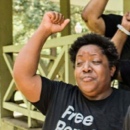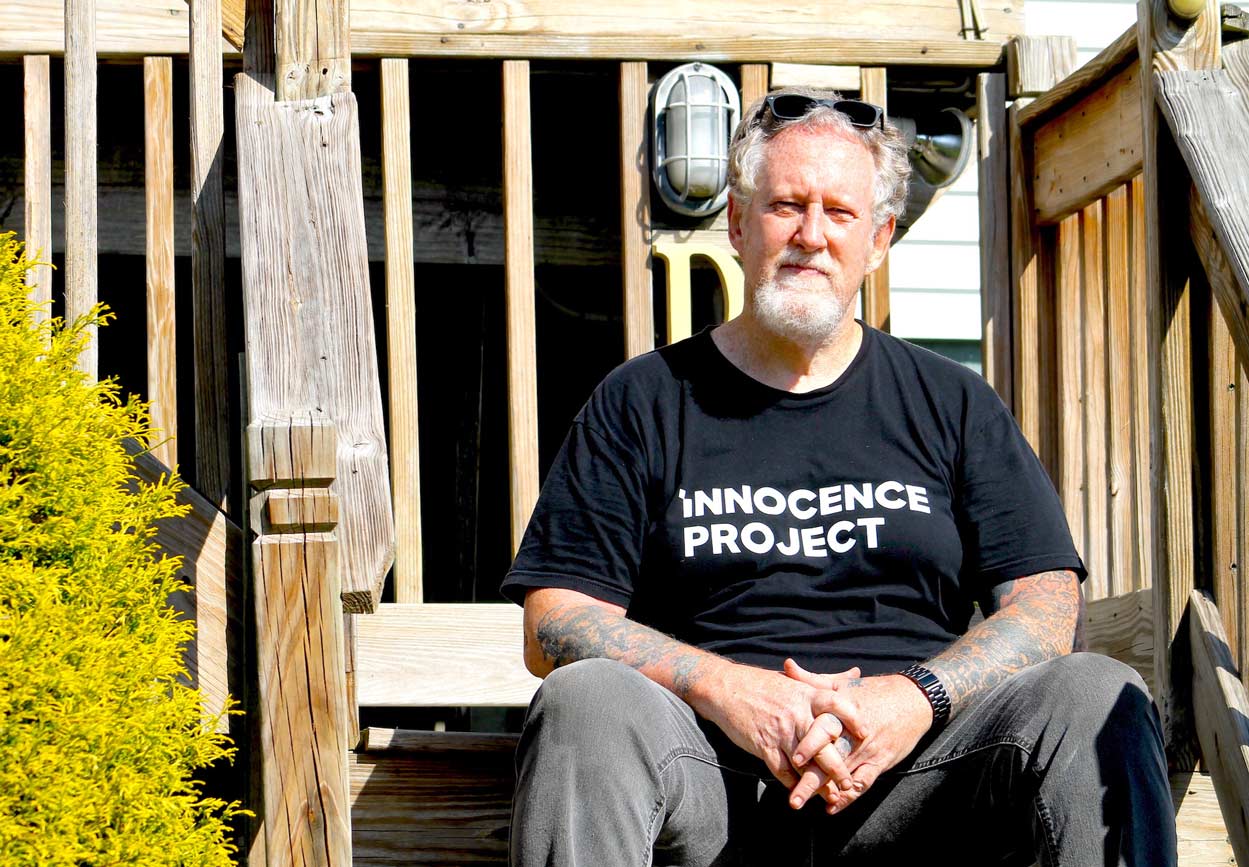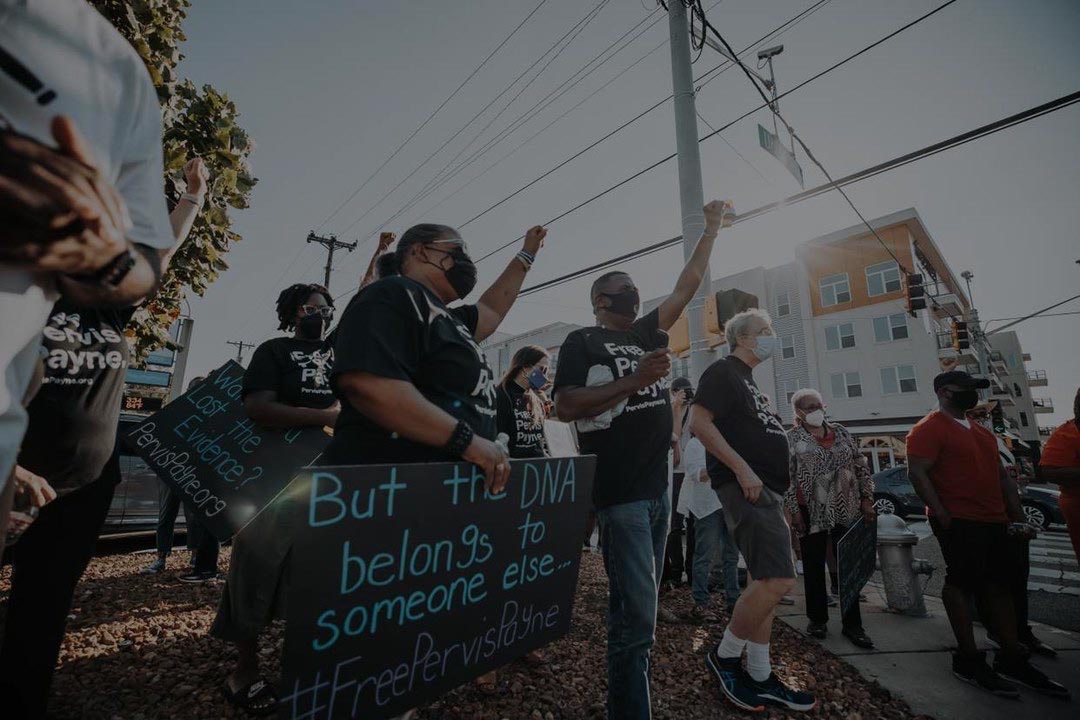
The murder of George Floyd and the subsequent calls for a racial reckoning created new and urgent momentum for fairness and integrity in criminal legal systems. In the wake of those protests, we mounted multiple campaigns, led educational programs, and continued to call out the inherent racism and unfairness that have led to the disproportionate convictions of Black and brown people.
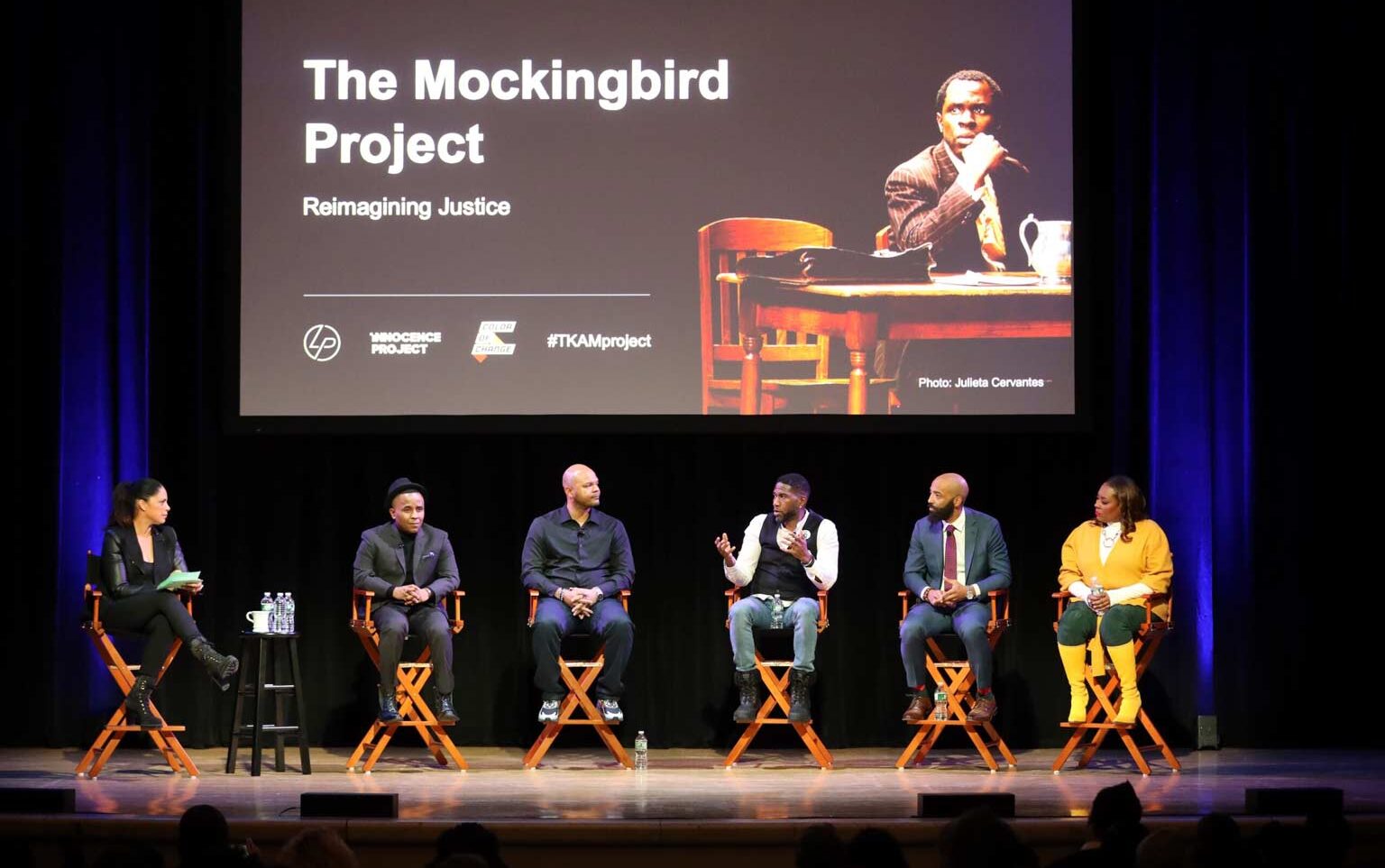
In January 2020, the Innocence Project, Liberated People, and Color of Change hosted “The Mockingbird Project: Reimagining Justice,” a discussion featuring Aaron Sorkin, Gbenga Akinnagbe, and Celia Keenan-Bolger. Soledad O’Brien, Rashad Robinson, exoneree Kevin Richardson, Public Advocate Jumaane Williams, Vincent Southerland, and Topeka K. Sam (all of whom are pictured here from left to right) also took part in the dialogue. (Image: Chanda Hall)
928K
new community members who signed up to advocate for policy changes to date
10.6K
advocates contacted 22,000 lawmakers and made 2,700 phone calls in 2020 and 2021
5.3M
website visitors in 2020
Fighting for Pervis Payne and Rodney Reed
In the fight to free Pervis Payne and Rodney Reed from death row, the Innocence Project launched and supported large-scale campaigns to stop their executions. Petitions for both Mr. Payne and Mr. Reed collectively garnered nearly 1 million signatures, and rallies were held around the country in support of their release.
Y’all have really caused me to feel hopeful. This is one of the first times in 33 years that I don’t feel alone.
Examining Wrongful Convictions
In 2020, Netflix released a nine-episode documentary series that detailed the leading causes of wrongful conviction and featured the cases of eight wrongfully convicted people. The series, titled The Innocence Files, explores the work of the Innocence Project, Pennsylvania Innocence Project, Northern California Innocence Project, and the WMU-Cooley Innocence Project at the Thomas M. Cooley School of Law, and documents the hurdles and injustice wrongfully convicted people face in their struggles to uncover the truth.
We hope these stories motivate people to take action.
Peter Neufeld and Barry Scheck co-founded the Innocence Project at the Benjamin N. Cardozo School of Law in 1992.
Working Alongside Our Youth
Last year, the Innocence Project also launched Youth Against Wrongful Convictions, a movement powered by young people who are committed to advocating for reforms to the country’s legal systems and speaking out against injustice. Exonerated individuals have generously shared their experiences at high schools and universities, and worked alongside youth to contact lawmakers and publish op-eds about innocence issues.
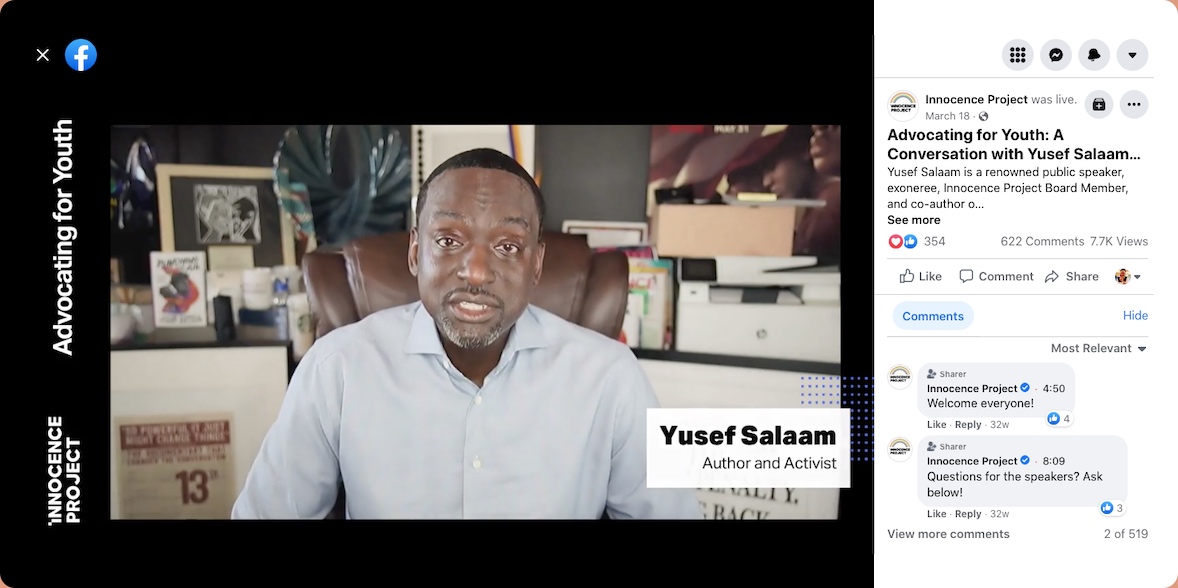
In March 2021, Innocence Project Board Member, exoneree, and renowned public speaker Yusef Salaam took part in a Facebook Live event, where he discussed how he and others are using their platform to prevent wrongful convictions among youth. (Image: Innocence Project via Facebook)





